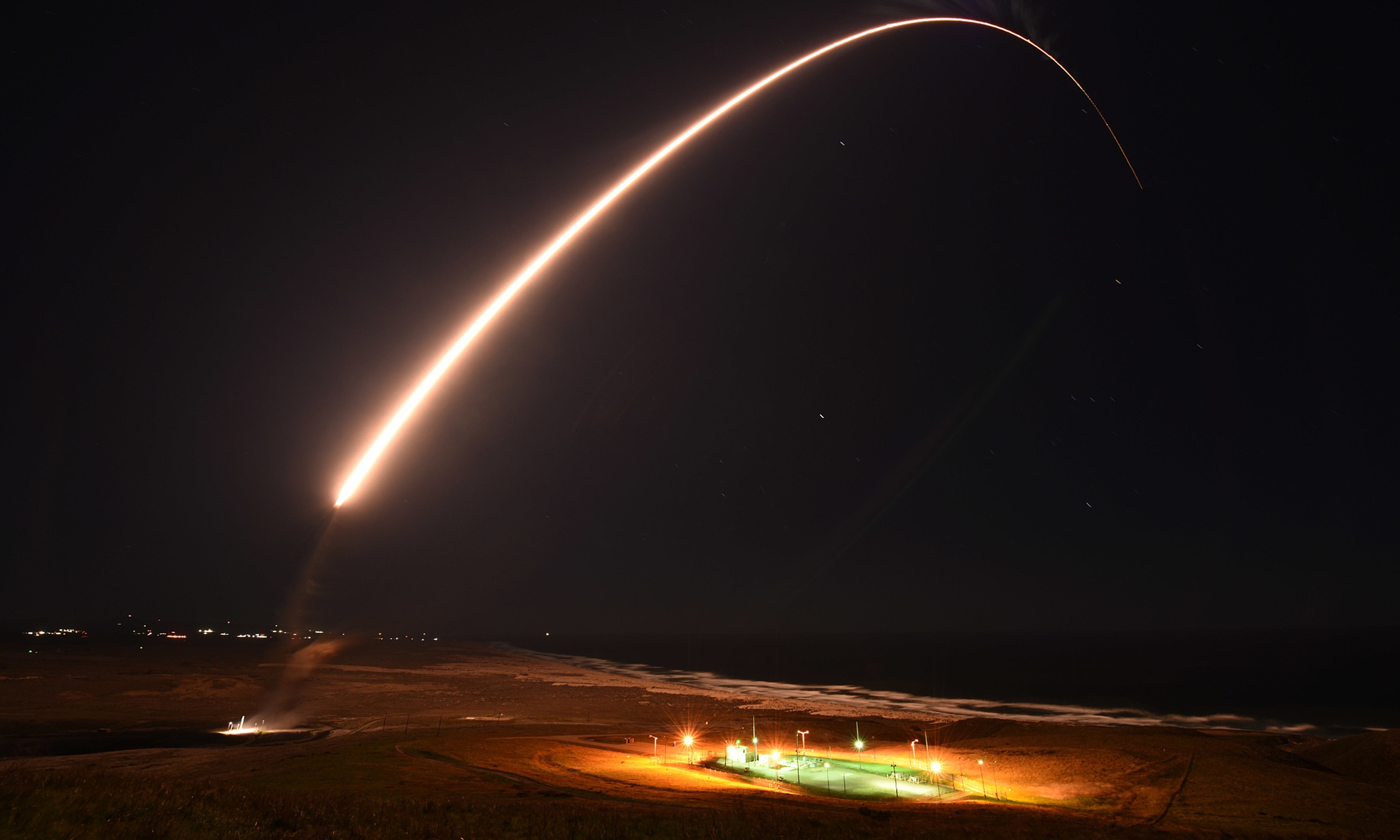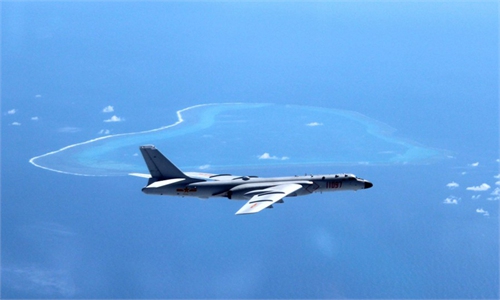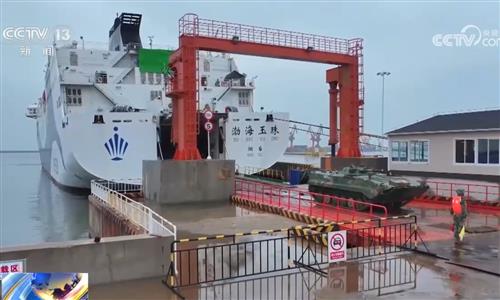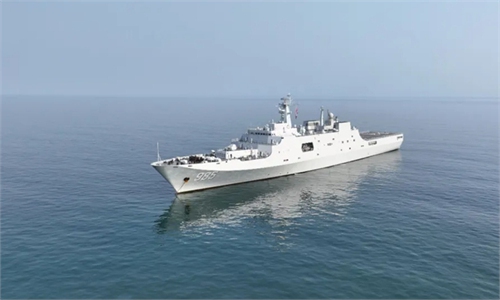
A US Air Force Global Strike Command unarmed Minuteman III intercontinental ballistic missile is launched during a test on February 23, 2021, at Vandenberg Air Force Base, California, the US. Photo: VCG
As Boeing's Starliner remains stranded in space and its airliners repeatedly encounter issues, experts on Thursday questioned the company's technical and management capabilities as a whole, raising doubts over other Boeing products, especially those with military applications that affect peace and stability in the world.
NASA said on Tuesday that it is delaying its next crewed launch to buy more time for Boeing's troubled new Starliner capsule, which has left two US astronauts stuck at the International Space Station (ISS).
Tuesday also marked two months in orbit for the Starliner's test pilots, Butch Wilmore and Suni Williams, whose original plan was to stay about a week at the ISS and then return to Earth in the Boeing capsule by mid-June. However, their journey back home has been delayed due to issues with the craft's thruster as well as leak problems, media reports said.
NASA said in early July that they are waiting for results of new thruster tests, which were supposed to take approximately two weeks. But the results still haven't been announced, and there still isn't any schedule for the return of the astronauts.
The incident came as a surprise to many, as Boeing once had a glorious history as being one of the world's most respected and highly valued conglomerates. It built the Saturn V S-IC first-stage rocket, which propelled Neil Armstrong to the Moon on July 20, 1969, making him the first human to set foot on another celestial body.
"It revealed a serious problem, which is that today's Boeing lacks rigor in its product engineering R&D and verification. Compared with the old times, especially during the Apollo program, Boeing has experienced a serious decline in the aerospace field," Wang Ya'nan, chief editor of Beijing-based Aerospace Knowledge magazine, told the Global Times.
"Many large technology conglomerates in the US like Boeing have obtained significant profits over time through government orders and industry monopolies. But in many engineering fields, especially in areas of complex research and verification, the level of attention given is insufficient," Wang said.
Apart from spaceflights, Boeing has also long been associated with secure air travel, but it has faced a string of issues recently. Boeing said on Tuesday it plans to make design changes to prevent a future mid-air cabin panel blowout like the one in an Alaska Airlines 737 MAX 9 flight in January, which spun the planemaker into its second major crisis in recent years.
The mid-air emergency badly damaged Boeing's reputation, leading to MAX 9 planes being grounded for two weeks, a ban by the Federal Aviation Administration on expanding production, a criminal investigation and the departure of several key executives.
It is worth noting that Boeing is also one of the US military's main contractors, as the company also develops and produces weapons and equipment such as nuclear-armed intercontinental ballistic missiles (ICBMs), fighter jets, bombers, early warning aircraft, patrol aircraft, transport aircraft, helicopters and drones.
It is likely that Boeing's military products may also have serious problems, but these have not been exposed, Wang said.
If that is the case, the US military's combat capabilities will surely be negatively affected, Wang said.
As a longstanding member of the US military-industrial complex, Boeing is very influential in various fields, making its products difficult to replace, a Chinese military expert who requested anonymity told the Global Times on Thursday.
"From a technical point of view, the development and production of many aerospace and aviation products share similar technologies and management models, so it is reasonable to question, for example, whether Boeing's nuclear-armed ICBMs may also have issues? If Boeing's 737 MAX has issues, will Boeing's warplanes also have issues?" the expert said.
Boeing Defense, Boeing's military product subsidiary, was added to China's unreliable entities list and sanctions were imposed in May following its participation in arms sales to Taiwan island.
The island of Taiwan does not have the option of questioning the quality of the arms it buys, because it is treated as a cash cow by the US, observers said.
Li Yawei contributed to this story




